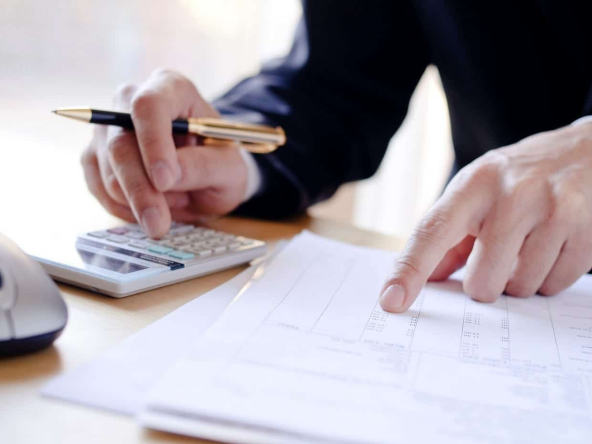Simplifying Property Accounting for Landlords
Landlords, whether new or experienced, often find property accounting to be a daunting task. Keeping your finances in order and complying with tax regulations can be challenging. However, with a clear guide and a straightforward approach, property accounting can become much more manageable. In this blog post, we’ll break down property accounting for landlords in simple terms, so you can demystify this important aspect of property management, emphasizing the significance of incorporating professional Property Accounting and Financial Services to ensure accurate and compliant financial management.
The Basics of Property Accounting
Property accounting is essentially the process of keeping track of your financial transactions related to your rental properties. It involves recording your income, expenses, and investments accurately. Property accounting is important for several reasons:
- Tax Compliance: Proper accounting helps you report your rental income and expenses accurately, reducing your tax liability and the risk of audits.
- Financial Planning: It allows you to assess your property’s profitability, make informed financial decisions, and plan for future expenses or investments.
- Legal Requirements: Landlords are legally obligated to maintain accurate financial records and provide documentation when needed.
The Value of Organized Records
Keeping your records organized is crucial for efficient property accounting. Here are some essential elements of organized record-keeping:
Tracking Rental Income
Keep a record of all rental income sources, including rent payments, security deposits, and any other income associated with your property. This helps you monitor your cash flow and catch any discrepancies early on.
Managing Expenses
Record all property-related expenses, such as maintenance, repairs, insurance, and property management fees. This allows you to evaluate your property’s profitability and claim eligible deductions at tax time.
Documenting Tenant Information
Maintain detailed tenant records, including lease agreements, rent payment histories, security deposit details, and communication logs. These records can be valuable in case of disputes, inspections, or legal matters.
Choosing Your Accounting Method: Cash vs. Accrual Accounting
Landlords can choose between two primary accounting methods: cash basis and accrual basis.
Cash Basis Accounting
With cash basis accounting, you record income and expenses when money changes hands. It’s straightforward and suitable for smaller landlords. This method provides a clear view of your current cash flow but may not reflect long-term financial performance accurately.
Accrual Basis Accounting
Accrual basis accounting records income and expenses when they’re earned or incurred, regardless of when the money is received or paid. This method offers a more accurate picture of your property’s financial health over time, making it suitable for larger property portfolios.
Simplify with Accounting Software
Managing property accounting manually can be time-consuming and error-prone. Accounting software can streamline the process and offer several advantages:
Automation
Accounting software can automate tasks like tracking rent payments, categorizing expenses, and generating financial reports. This reduces the risk of errors and saves you time.
Organization
Modern accounting software keeps all your financial records organized and easily accessible. You can quickly retrieve information, generate reports, and share documents with relevant parties.
Tax Compliance
Many accounting software solutions are designed to help you stay compliant with tax regulations. They assist with calculating deductions accurately and simplify the tax filing process.
Regular Financial Reporting
Regular financial reporting is crucial for assessing your property’s financial performance. These reports provide insights into income, expenses, profitability, and cash flow, helping you make informed decisions and monitor your property investments.
Income Statements (Profit and Loss Statements)
Income statements summarize your property’s revenue and expenses over a specific period. They show whether your property is generating a profit or incurring losses, helping you identify trends and improve profitability.
Balance Sheets
Balance sheets provide an overview of your property’s financial position at a given point in time, including assets and liabilities. They help you understand your property’s equity and overall financial health.
Seek Professional Guidance When Needed
While accounting software can simplify many aspects of property accounting, there may still be situations where you need professional guidance:
Complex Tax Situations
If your property investments involve complex tax scenarios, consulting an accountant can help you navigate the intricacies of tax planning and compliance.
Audit Support
In case of a tax audit, having an accountant who understands property accounting can be invaluable. They can assist in gathering necessary documentation and representing your interests during the audit.
Conclusion
Property accounting doesn’t have to be intimidating. By understanding the basics, choosing the right accounting method, utilizing accounting software, regularly generating financial reports, and seeking professional guidance when needed, landlords can simplify this crucial aspect of property management. With a straightforward approach and the right tools, property accounting can become a manageable and valuable tool for long-term success in real estate investment, with the incorporation of expert Property Accounting and Financial Services enhancing precision and efficiency in managing financial aspects of property ownership.




